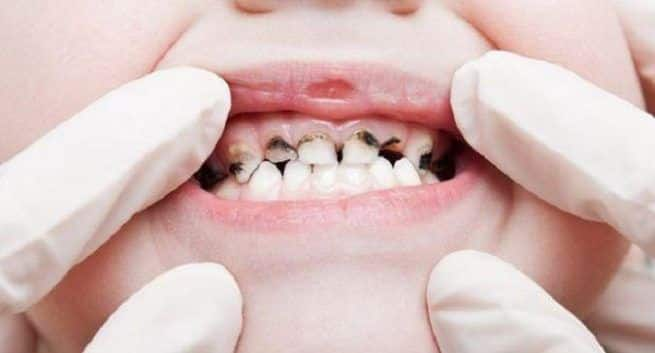Poor oral health linked to higher risk of liver cancer

While we may think that oral health is not that important, poor oral health is found to be associated with 75 per cent increased risk of the most common form of cancer, suggests a study.
The study by researchers at Queen’s University Belfast analysed a large cohort of over 469,000 people in the UK, investigated the association between oral health conditions and the risk of a number of gastrointestinal cancers, including liver, colon, rectum and pancreatic cancer.
Models were applied to estimate the relationship between cancer risk and self-reported oral health conditions, such as painful or bleeding gums, mouth ulcers, and loose teeth.
While no significant associations were observed on the risk of the majority gastrointestinal cancers and poor oral health, a substantial link was found for hepatobiliary cancer.
“Poor oral health has been associated with the risk of several chronic diseases, such as heart disease, stroke, and diabetes,” explained Dr Haydee WT Jordao, from the Centre of Public Health at Queen’s University Belfast and lead author of the study.
“However, there is inconsistent evidence on the association between poor oral health and specific types of gastrointestinal cancers, which is what our research aimed to examine,” continued Dr Haydee.
Of the 469,628 participants, 4,069 developed gastrointestinal cancer during the (average) six-year follow up. In 13 per cent of these cases, patients reported poor oral health.
Participants with poor oral health were more likely to be younger, female, living in deprived socioeconomic areas and consumed less than two portions of fruit and vegetables per day.
The biological mechanisms by which poor oral health may be more strongly associated with liver cancer, rather than other digestive cancers, is currently uncertain.
One explanation is the potential role of the oral and gut microbiome in disease development.
“The liver contributes to the elimination of bacteria from the human body. When the liver is affected by diseases, such as hepatitis, cirrhosis or cancer, its function will decline and bacteria will survive for longer and therefore have the potential to cause more harm. One bacteria, Fusobacterium nucleatum, originates in the oral cavity but its role in liver cancer is unclear. Further studies investigating the microbiome and liver cancer are therefore warranted,” stated Dr Haydee WT Jordao.
Another theory in explaining the higher cancer risk due to poor oral health suggested that participants with a high number of missing teeth may alter their diet, consuming softer and potentially less nutritious foods, which in turn influence the risk of liver cancer.
No comments: